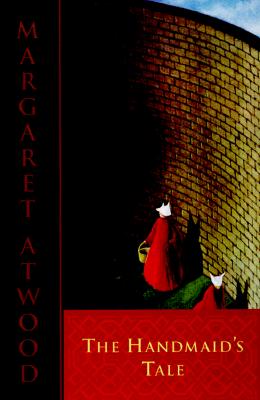Getting fucked over again.
Oh, I'm getting fucked over again.
This was my thought when I got an email this morning from a student I'm collaborating with.
In this case, "collaborating" is a kind word for:
a) babysitting
b) advising and editing because the official mentor does not
c) getting NO credit for these things from the student's mentor or from mine
d) getting buried in the middle of the papers that resulted from my ideas and supervision from beginning to end (so will get no credit from anyone who reads my CV, since they won't know the back story)
e) having to fight long and hard to get any of my suggested experiments included and then having the mentor and student complain that the story is 'stuck' (because they won't take my suggestions)
I'm pretty frustrated about this. The Official Mentor has been hot and cold with me, very friendly for a while but lately I'm getting left out of email discussions (almost everything is over email) and finding out about them after the fact from the student.
The student continues to be willfully clueless, despite my trying very hard to explain how important it is. I've asked explicitly, nicely and repeatedly, that my ideas be credited when they are passed along. I'm emphasized that this is important for my career, no matter how incidental or small, in the grand scheme of things, they might seem. And I always give everyone else credit when they help me, so I expect the same in return.
This means when something works because it was my idea, the student should say
"MsPhD suggested that we try ___, which I never would have tried otherwise. I thought she was crazy because you know, everyone does, but figured I'd do it anyway just to shut her up because I was sure she was wrong, but much to my surprise, that actually fixed the problem."
not
"I fixed the problem by ___."
This is what I do when someone else gives me a suggestion that works, no matter how stubborn I was being or how sure I was that they were wrong.
So I'm thinking, when the mentor and the student are discussing a project (one that I proposed and have been supervising) with another collaborator they brought in after the fact, I should be part of those discussions, no?
Of course, so far nothing that collaborator has provided (reagents, in this case) has been useful. But this person will get a better slot in the author list than I will, because this person is PI. It's exactly like that only too-true Phd comic about authorship.
I'm pretty sure that part of the problem is the student should be arguing to include me, but instead I am consulted separately. This means that the mentor doesn't realize I'm feeding the student all this information behind the scenes. Especially if the student doesn't say where the information came from.
It has taken me this long to put that together, but I'm pretty sure that's what's happening.
ARGH. I am so tired of these little slights, because it adds up to a lot of disrespect.
The worst part is, I have to continue to collaborate with this student and the mentor for a while longer, at least until the current project(s) are finished.
I had no idea they were like this when we started working together. Funny how people are always super nice and friendly at the beginning of a project, but when it comes down to "Where are we going to publish this?" everyone's real colors start to show.
It's probably at least in part because, like several of my student and postdoc collaborators recently, the student now claims* to be planning to leave academia. So there's no reason to give credit, be nice, and not to burn bridges, right?
Right this moment, I would so love to burn this one to the ground.
Just gotta suck it up a little longer, I guess.
*I've worked with people before who claimed they wanted to quit academia, but then ended up secretly applying for, and getting faculty positions.
Labels: collaborators rock, fair, frazzled, fun, science, work




